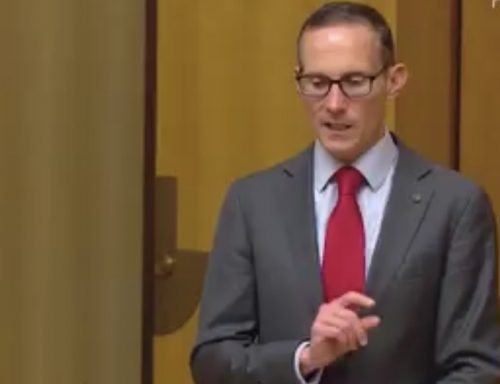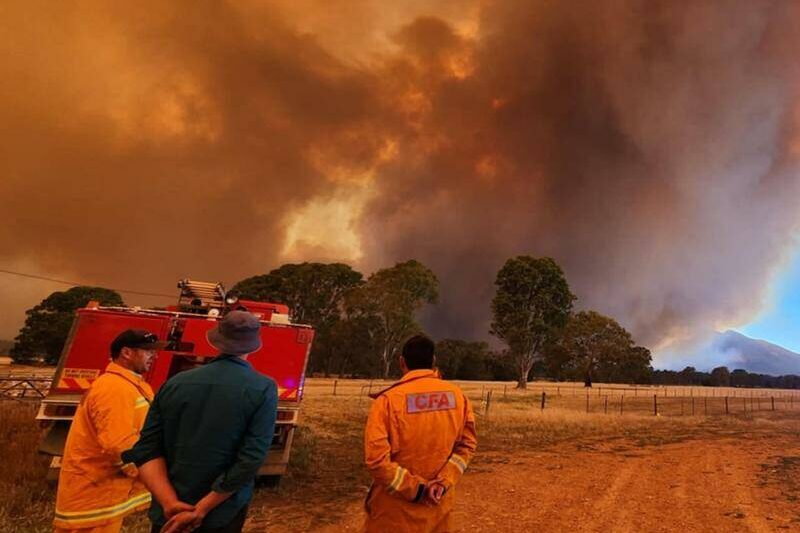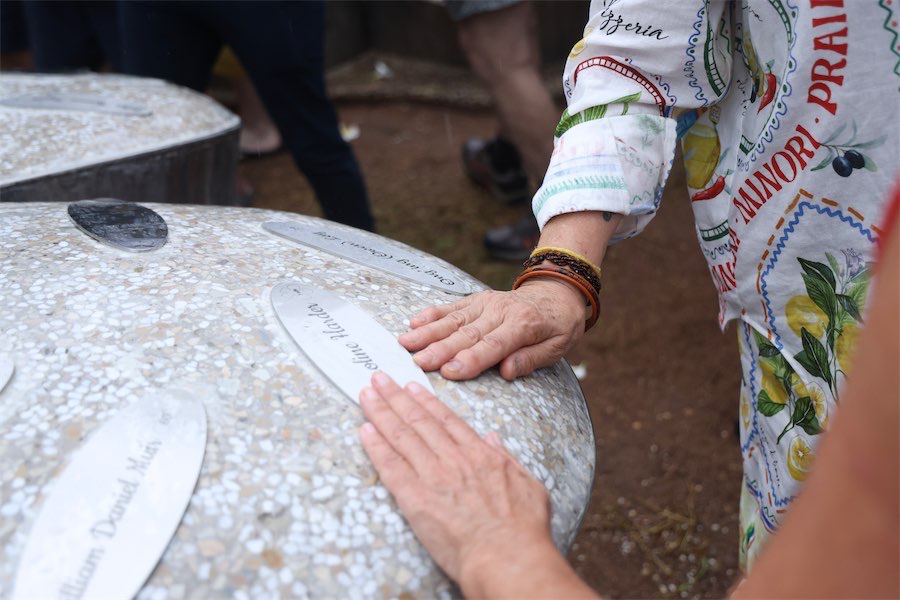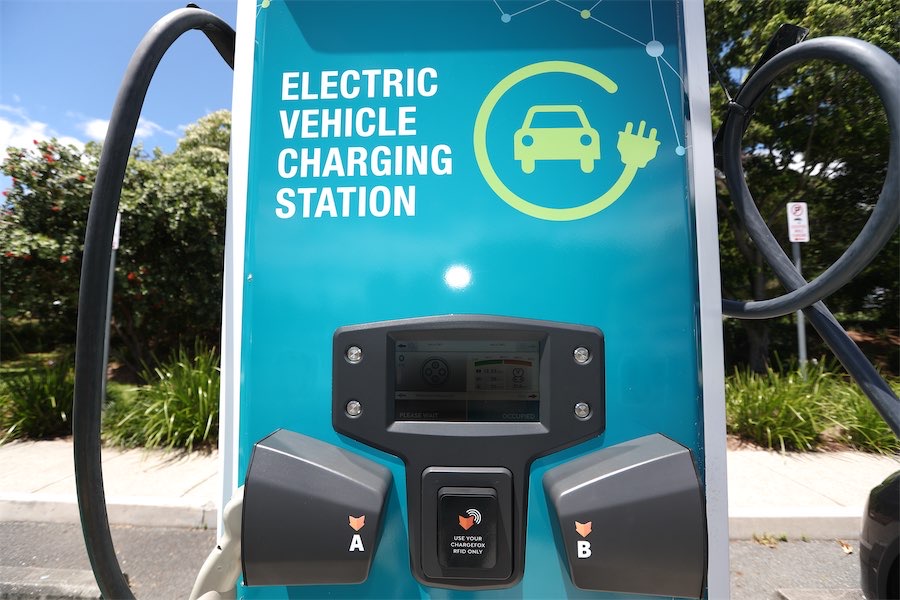
THE fight to grant the ACT the right to vote on proposed euthanasia laws have all but reached Parliament House.
Except debate on Monday (May 24) was relegated to the federation chamber in accordance to standard procedure after the House of Representatives had considered the parliamentary business “relatively uncontroversial matters”.
The secondary chamber that was created in 1994 does not have the ability either to initiate or make a final decision on territory demands that the Commonwealth relinquish its right to overturn legislation already passed.
The ACT passed an euthanasia amendment in March around the same time that historically conservative Tasmania did likewise but could enact on its new voluntary-assisted dying law.
That same month, further bipartisan support between Labor, the Greens and the Canberra Liberals moved a motion for the Commonwealth to restore its territory rights.
Member for Fenner Andrew Leigh has attacked the contemptuous approach that the federal government has for sanctioning the ACT Legislative Assembly to have more say in running its own affairs.
The ACT followed the Northern Territory a decade later when in 1988 it was granted self-governance, but in 1997 the Coalition federal government passed an act of the Parliament of Australia to remove the power of the assemblies in the territories to legalise euthanasia.
Prime Minister John Howard at the time justified it as a “constraint on young jurisdictions that were seen to be moving ahead of the broader public mood”.
But Mr Leigh pointed out that two-thirds of the ACT were in favour of assisted-dying laws at the time of self-governance, increasing to about four out of every five adults this century.
“The world is a very different place from when in 1997 this parliament was determined to take away the power to legislate over euthanasia from the ACT and the Northern Territory,” he said in the chamber.
“Those jurisdictions were young then; they are mature assemblies now.
“Back then, no state had moved (on euthanasia laws). Now, half the states have moved.”
Tasmania this year joined Victoria and Western Australia on legislating voluntary-assisted dying laws in 2019. The vote in favour in South Australia was recently pipped by one vote after the house speaker was forced to cast a tie-breaking vote against the bill.
The Canberra MP’s speech almost literally fell on deaf ears with parliamentary colleagues in the chamber that only required a quorum of three members in attendance: the deputy speaker of the house, with one member of the government and one from the opposition.
In each of the last two terms of parliament, the coalition government has blocked debate in the House of Representatives on a private members’ bill that would restore territory rights despite the Senate debating and voting on similarly-related legislation.
All four ACT federal Labor MPs – Katy Gallager, Alicia Payne, David Smith and Leigh himself – support euthanasia laws in the territory.
Federal Liberal senator, Zed Seselja, supports ACT self-governance but not euthanasia.
Mr Leigh had formed his views that the ACT should pass euthanasia laws after meeting with Katarina Knowles, who lost her father, Nebojsa Pavkovic, to Parkinson’s disease.
Who can be trusted?
In a world of spin and confusion, there’s never been a more important time to support independent journalism in Canberra.
If you trust our work online and want to enforce the power of independent voices, I invite you to make a small contribution.
Every dollar of support is invested back into our journalism to help keep citynews.com.au strong and free.
Thank you,
Ian Meikle, editor




Leave a Reply